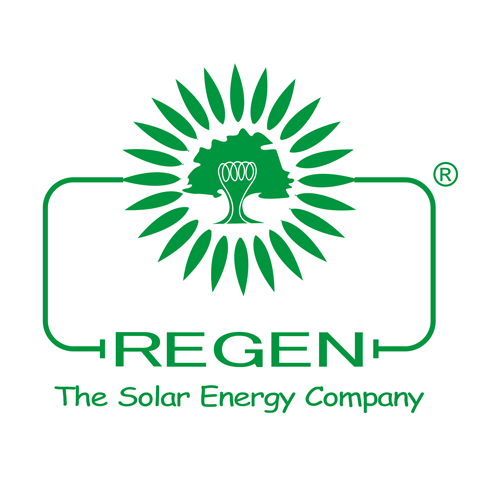The concept of Net Zero has gained significant attention in recent years, as countries and businesses around the world work to reduce their carbon footprint and combat climate change. Net Zero refers to achieving a balance between the amount of greenhouse gases produced and removed from the atmosphere. This is achieved by reducing emissions and offsetting the remaining emissions through carbon capture or other methods.
Net Zero is a critical issue for Sri Lanka, as the country is highly vulnerable to the impacts of climate change, including rising sea levels, floods, and droughts. Sri Lanka has also made a commitment to reduce its greenhouse gas emissions under the Paris Agreement, which aims to limit global warming to well below 2 degrees Celsius.
Large corporates and exporters in Sri Lanka have a significant role to play in achieving Net Zero targets. They are responsible for a significant portion of the country’s greenhouse gas emissions and have the resources and capacity to make significant changes. However, many businesses are still not taking Net Zero seriously or are unsure of how to achieve it.
To address this, it is important to create awareness on the benefits of Net Zero and how it can impact Sri Lankan businesses. By achieving Net Zero, businesses can reduce their carbon footprint and improve their environmental credentials, which can lead to increased brand value and customer loyalty. It can also help to future-proof the business against the risks of climate change, such as disruptions to supply chains and operations.
Currently, several Sri Lankan businesses are making efforts to meet Net Zero targets. These include initiatives to reduce energy consumption, implement renewable energy sources, and improve waste management practices. For example, some businesses have implemented solar panels to generate electricity, while others have implemented water recycling systems to reduce their water usage.
However, more needs to be done to encourage businesses to take Net Zero seriously and develop a roadmap to achieve it. This could include incentives such as tax breaks, funding for renewable energy projects, and training and support to help businesses transition to more sustainable practices.
However, more needs to be done to encourage businesses to take Net Zero seriously and develop a roadmap to achieve it. This could include incentives such as tax breaks, funding for renewable energy projects, and training and support to help businesses transition to more sustainable practices.
As businesses in Sri Lanka work towards a strong net-zero strategy, transitioning to renewable energy sources such as solar power is crucial. Regen Solar Solutions provides businesses with tailored solar energy solutions that can help achieve a net-zero carbon footprint and reduce energy costs. With a team of experienced professionals, Regen Solar Solutions can help businesses implement energy-efficient practices, transition to solar power, and measure and track emissions. Take action today and contact Regen Solar Solutions to learn more about how they can support your business in achieving a strong net-zero strategy. Let’s work together towards a sustainable future.








